1. Education For All Children
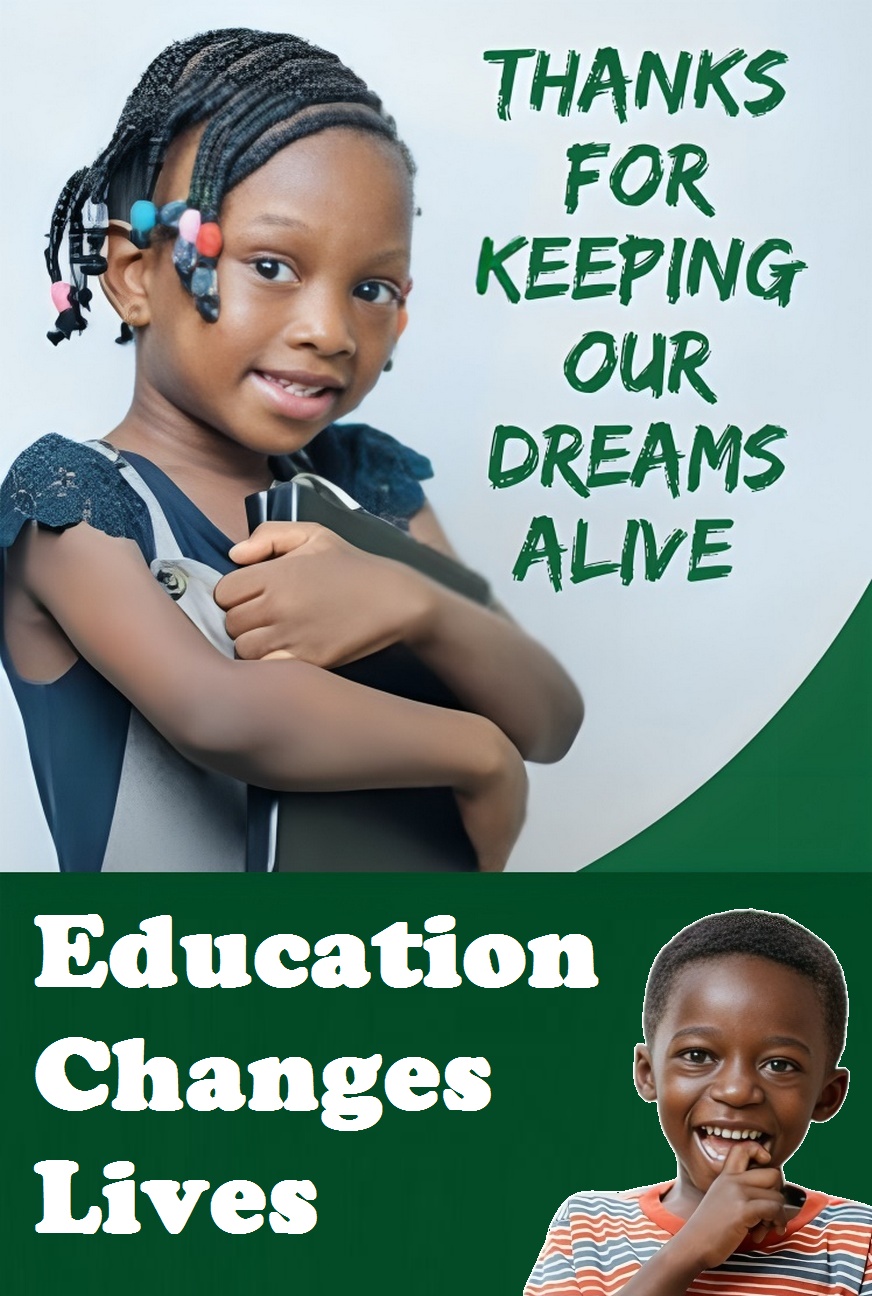
This program aims at ensuring education for all children with focus on transparency, community engagement, and effective monitoring mechanisms. This program prioritizes making information about education policies, budgets, and resources to be easily accessible to the public, fostering transparency and accountability.
It also involves active community participation through platforms like school management committees and parent-teacher associations, empowering stakeholders to contribute to decision-making processes and address education-related issues. Additionally, the program establishes robust monitoring and feedback mechanisms to track the quality of education, teacher performance, infrastructure maintenance, and learning outcomes, enabling timely interventions and improvements.
Furthermore, this program emphasizes capacity building and advocacy efforts. It provides training and workshops to enhance the knowledge and skills of parents, community leaders, and school staff in education rights, governance, and advocacy.
Through advocacy initiatives, the program engages with policymakers and education authorities to influence policies and reforms that promote inclusive and equitable education for all children, particularly focusing on marginalized groups. Collaboration with civil society organizations, NGOs, and local partners is key to leveraging resources, expertise, and support for impactful social accountability interventions in the education sector.
2. Child Neglect Intervention
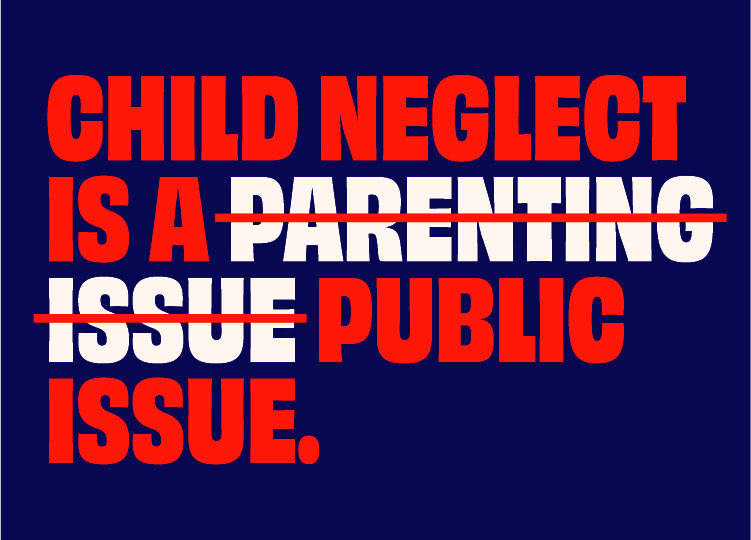
Intervening in child neglect means making sure kids are safe and cared for, and holding responsible people and groups accountable for looking after them. This includes teaching communities about what child neglect looks like and why it is important to speak up if they think a child is being neglected.
It also involves creating easy ways for people to report neglect, like hotlines or online forms, so that action can be taken quickly to help the child. Training and supporting professionals like social workers and teachers helps them to notice signs of neglect and take the right steps to protect children.
By having strong rules, offering help to families, and checking that interventions are working well, we can create a safer world where every child is looked after properly.
3. Anti-FGM (Female Genital Mutilation) Program
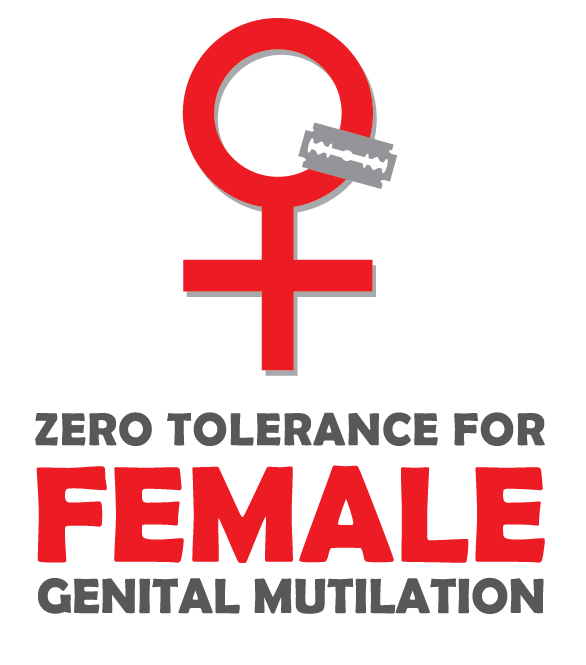
As a social accountability program, anti-FGM (Female Genital Mutilation) initiatives focus on mobilizing communities, promoting awareness, and holding individuals and institutions accountable for eliminating this harmful practice. By employing social accountability principles, anti-FGM programs empower communities to take ownership of the issue, hold stakeholders accountable for their actions, and work collectively towards the eradication of this harmful practice.
In implementing an anti-FGM social accountability program, our organization prioritizes community mobilization, education, and capacity building to raise awareness about the harmful effects of FGM and garner support for its abandonment. Through partnerships with local leaders and civil society organizations, monitoring mechanisms are established to track progress, report incidents, and ensure accountability.
Legal and policy advocacy efforts are undertaken to strengthen legislation, protect survivors, and promote gender equality, while survivors are provided with essential support services. Social norms change initiatives challenge cultural beliefs and attitudes, emphasizing the importance of women's rights and bodily autonomy. Through these comprehensive operations, the program aims to empower communities, hold stakeholders accountable, and work towards the eradication of FGM.
4. Gender Based Violence (GBV) Prevention Program
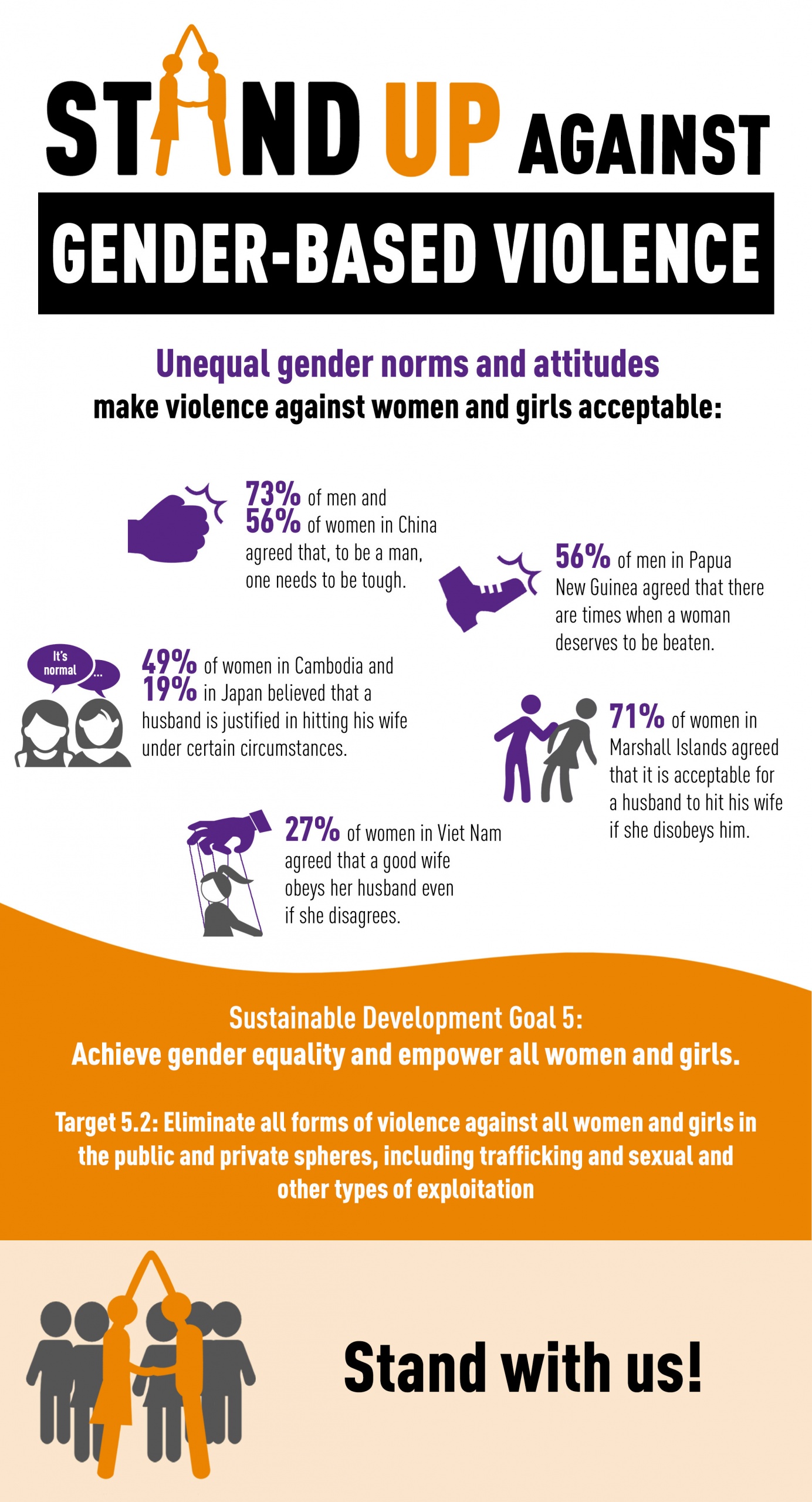
Gender-Based Violence (GBV) refers to harmful acts directed at an individual based on their gender or perceived gender. This can include physical, sexual, emotional, or economic violence, and it disproportionately affects women and girls around the world. GBV is a serious human rights violation and a significant global public health concern.
As a social accountability program, addressing Gender-Based Violence (GBV) involves multifaceted approaches to promote accountability, transparency, and social justice. This includes advocating for policy changes and legal reforms that prioritize the protection of individuals from GBV, ensuring access to justice and support services for survivors, and holding perpetrators accountable through fair and effective legal mechanisms. Collaborating with policymakers, civil society organizations, and communities is essential to develop and implement comprehensive strategies that address the root causes of GBV and foster a culture of respect, equality, and non-violence.
Furthermore, a social accountability program can engage in awareness campaigns, community education, and capacity building initiatives to challenge harmful gender norms, empower individuals to recognize and report GBV, and promote positive social norms and behaviors. By strengthening partnerships, leveraging resources, and fostering dialogue and collaboration among diverse stakeholders, social accountability programs can play a crucial role in preventing GBV, supporting survivors, and creating safer and more inclusive societies for everyone.
5. Child Protection Program
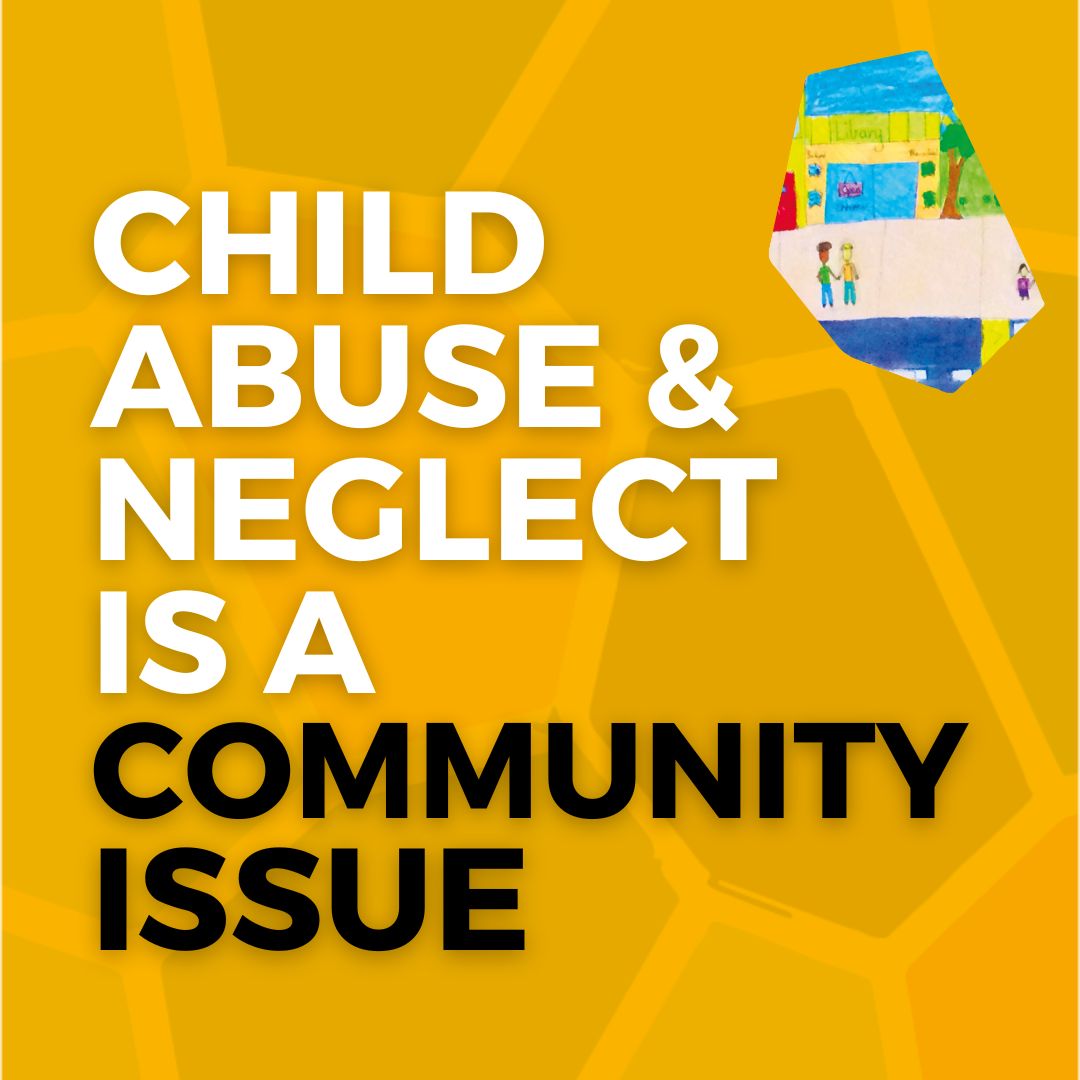
As a social accountability program, child protection involves mechanisms through which individuals, communities, and institutions are held accountable for ensuring the safety and well-being of children. By integrating social accountability principles into child protection programs, it ensures that efforts are transparent, responsive to community needs, and focused on promoting the best interests of children.
This includes preventive measures such as education and awareness campaigns, as well as responsive actions such as legal frameworks, social services, and support systems for children who have experienced harm or are at risk of harm. Child protection efforts involve collaboration among governments, communities, non-governmental organizations, and other stakeholders to create environments where children can grow and develop in a safe and nurturing manner.
6. Child Marriage Prevention Program
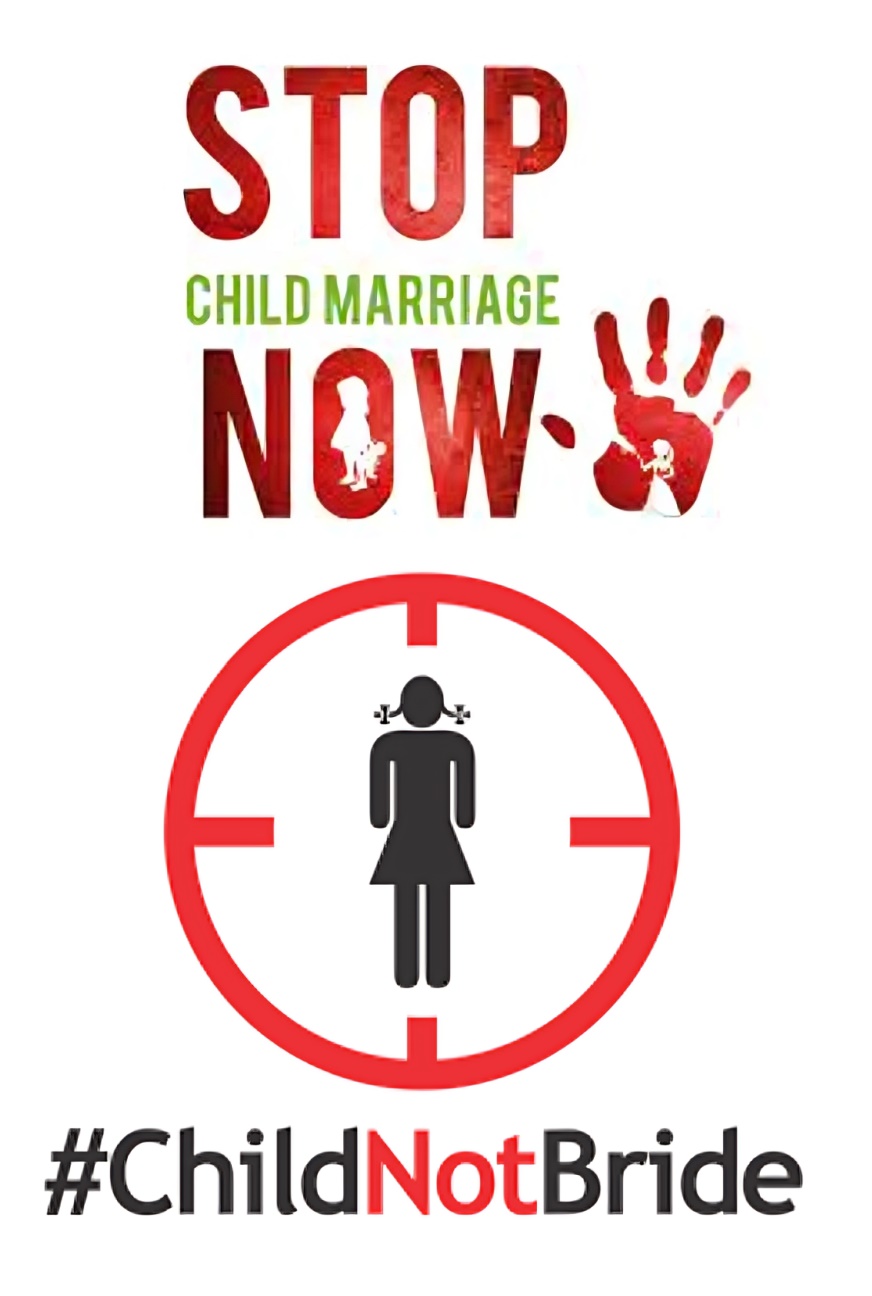
Early marriage, also known as child marriage, refers to the practice of marrying girls or boys before they reach the age of 18 years. An early marriage prevention social accountability program employs various strategies to address the root causes and consequences of early marriage, ensuring the rights and well-being of children and adolescents are upheld.
Community engagement and awareness-raising activities are conducted to educate individuals about the negative impacts of early marriage on health, education, and economic opportunities, empowering communities to take action. Capacity-building initiatives are implemented to equip stakeholders, including parents, teachers, healthcare providers, and local leaders, with the knowledge and skills to identify and address early marriage cases effectively.
Legal and policy advocacy efforts aim to strengthen laws and policies protecting against early marriage, while monitoring and reporting mechanisms are established to track prevalence rates, identify at-risk individuals, and hold duty bearers accountable.
Through these multifaceted approaches, the program strives to prevent early marriage, promote gender equality, and safeguard the rights of children and adolescents.
